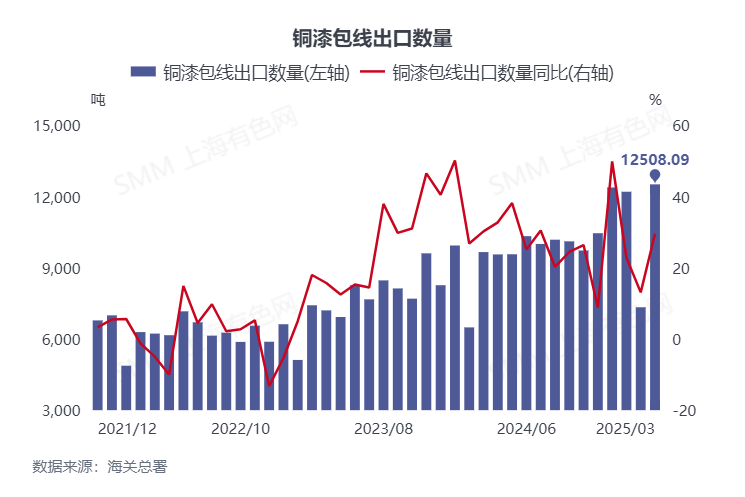In 2025, the job market is not what it used to be. With remote work no longer a perk but a norm, and the global talent pool expanding by the day, job seekers are navigating a more competitive and dynamic environment than ever. What’s changed most isn’t just where we work, but how we find work.
Traditional job boards are evolving into full-fledged ecosystems, blending career coaching, AI-powered insights, and community-driven support. Here’s a curated list of job search platforms redefining the experience in 2025. LinkedIn is still the beating heart of professional networking, but its evolution in recent years has been striking.

The AI tools don’t just surface job matches; they read between the lines, drawing out latent strengths and subtle patterns in a person’s experience. Its resume builder and career coach features have matured into genuinely useful tools, not just flashy add-ons. In some sectors, applying without a polished LinkedIn presence is almost like walking into an interview without shoes.
Still dominant in the Indian market, Naukri has kept pace by focusing on practicality. The site is faster, sharper, and more mobile-friendly than it was even a year ago. Features like resume scoring and job recommendations are more intelligent now, thanks to data-driven insights built into the platform.
It's not flashy, but for millions of job seekers in India, it's the engine that keeps careers moving. What sets FlexJobs apart is its insistence on trust. Every job gets manually screened, which may sound old-fashioned, but its exactly why people pay for it.
No scams, no spam just actual opportunities. The community is rich with mid-career professionals looking for better balance, often after burnout or relocation. Clean, efficient, and focused.
That’s the ethos of We Work Remotely. The platform avoids unnecessary clutter and gets right to the point: remote roles in tech, design, and support. It’s become a go-to for distributed startups and remote-first teams.
In 2025, its relevance only deepens as more companies shift away from office mandates. Built with the remote lifestyle in mind, Remote.co offers more than just listings.
It includes insights into what companies expect, how they work, and what they value. That’s key, because remote work isn’t one-size-fits-all. A remote-first role at a startup looks very different from a distributed role at a legacy firm.
Remote.co helps job seekers make sense of that. Startups never stop hiring; they just change what they’re hiring for.
AngelList still feels like the pulse of that world. The profiles here are alive, showing projects, interests, and intent. It’s less formal than traditional job platforms, but in many ways more honest.
The funding tracker is invaluable for timing applications: startups flush with capital are far more likely to make bold hires. Known for its exclusivity, Toptal screens talent rigorously, admitting only a small fraction of applicants. Its focus on elite freelancers makes it attractive to major global enterprises.
Once accepted, candidates gain access to high-paying remote roles and long-term contracts with trusted international clients. It's the platform of choice for developers, designers, and finance experts at the top of their game. Still one of the biggest marketplaces for freelancers, Upwork has doubled down on fairness in 2025.
The algorithm isn’t just about who bids the lowest anymore—it now surfaces freelancers who can show verified expertise and deliverables. Milestone contracts and stronger vetting mechanisms have made it less of a race to the bottom. Remotive is a community-centric platform with a focus on remote roles in the tech sector.
Its curated job listings and active newsletter deliver high-signal opportunities weekly. Remotive also hosts an engaged global community that discusses hiring trends, tools, and workplace practices—bridging the gap between opportunity and community. Focused, practical, and trustworthy.
Jobspresso doesn’t try to do everything—it just does remote hiring well. The resume bank, while a simple feature, has quietly become a magnet for recruiters looking to fill roles fast. And the listings, while fewer than on broader platforms, rarely waste a candidate’s time.
Working Nomads remains a niche platform, but an essential one for those living the location-independent lifestyle. Whether someone is based in Lisbon for three months or bouncing between time zones, this site helps them find work that fits. It’s a lifeline for people who’ve chosen freedom over the 9-to-5.
Built with intention, Dynamite Jobs doesn’t blur the lines—it exists only for truly remote roles. The team curates listings aggressively, and the result is a board that users can trust. Its growing reputation among bootstrapped startups and remote-first orgs makes it a smart bet for digital wanderers and deep-focus workers alike.
NoDesk provides daily updated listings without requiring registration or subscriptions. Its clean design, lack of advertising, and straightforward access to job descriptions have made it a trusted resource for remote professionals. The platform also features educational resources on distributed work practices.
For professionals seeking not just remote work but elite-level challenges, Crossover is where ambitions run high. Its selection process is intense—full of simulations and assessments—but the reward is access to global companies offering real responsibilities and high compensation. Designed for developers, Arc is more than a job board .
It’s a learning platform, a salary research tool, and a growth engine. It doesn’t just match engineers with employers—it helps them evolve. The mentorship features and coding interview practice tools are smart additions, making Arc a quiet standout in the developer space.
There’s no universal best platform. What matters in 2025 is alignment between a job seeker’s goals and the soul of the platform they use. Some sites feel like bustling marketplaces; others, like curated libraries.
But each one plays a role in the bigger picture: a world where work is more human, more digital, and more connected than ever before..
















